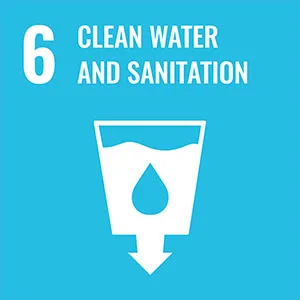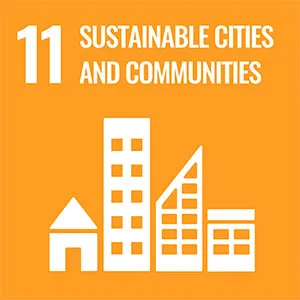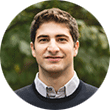MSc Best Practice
This is a guide and best practice for master's programme descriptions. The recommended length of the introduction is between 300 and 415 characters including blanks. It should summarise the programme and how it relates to real-world challenges and/or industry demand. The introduction inspires the students to find out more about the programme.

Programme name at KTH
The programme description should be between 1,500 and 2,500 characters with blanks. The description is essential for recruiting students and it is important that it answers the questions a prospective student have. Based on input from prospective students the text should answer these questions in the following order:
- What is the core content and purpose of the programme?
- What subjects does the programme cover? What disciplines does it span?
- Are there any specialisations (tracks) in the programme and what do they consist of?
- Are there any specific teaching methods or coursework such as projects or studio work?
- How does the programme collaborate and interact with research and/or industry? Any specific companies?
- What are the learning outcomes of the programme:
- What will the students learn?
- What expertise will they develop?
- What abilities will the graduate have attained?
- Why should you study this programme at KTH? What makes this programme better than corresponding programmes at other universities? For example prominent research, research facilities, aspects related to location KTH's being located in Stockholm and Sweden.
Divide the text into paragraphs and use bullet lists where necessary. Please leave out aspects that are described elsewhere, such as length of programme, language of instruction and course details.
This is a two year programme (120 ECTS credits) given in English. Graduates are awarded the degree of Master of Science. The programme is given mainly at KTH Campus in Stockholm by the School of Electrical Engineering and Computer Science (at KTH).
Courses in the programme
Define five to ten of the main topics covered by the programme.
Courses for the master's programme in Best Practice
Future and career
Career prospects are an important part of the programme information and should be between 500 and 2,500 characters with blanks. The text should answer these questions:
-
How does the programme prepare students for the current job market?
-
What does alumni from the programme work with?
-
At which companies or in which industries do the alumni work?
-
Do students go on to doctoral studies? At which universities?
Sustainable development
Graduates from KTH have the knowledge and tools to move society in a more sustainable direction, as sustainable development is an integral part of all programmes. The three key sustainable development goals addressed by the master's programme in Best Practice are 6 (Clean water and sanitation), 11 (Sustainable cities and communities) and 15 (Life on land).



Identify the three most prioritised sustainable development goals for the programme. Describe how the programme adressess these three development goals. One to three sentence about each goal.
-
What do the students learn during their studies that make them equipped to solve these challenges?
-
What can they work with after graduation to contribute to a more sustainable future?
-
Use examples if you have any.
Faculty and research
The faculty and research text is optional but highly appreciated by prospective students. This part should be between 500 and 2,500 characters with blanks. The text should:
-
introduce the school and the research conducted at the school.
-
highlight prominent research groups that are involved in the programme.
-
highlight research facilities that can be utilised by the students.
-
highlight THE or QS subject ranking results (if impressive).
Faculty involved in the programme
We know a lot of prospective students want to know what professors (or other academic staff) are involved in the programme and further investigate their research. Create a list of 4-10 academic staff members involved in the programme. The images and titles are pulled automatically from their KTH Social profile.
Facilities
There is a possibility to highlight two or three of the research facilities that students in the programme get access to. A name, short description and a link to more information should be included. Image is optional.
Research stories
We can highlight two or three research stories (articles published about research that relates the programme). A link to the article must be included. Image is optional.




